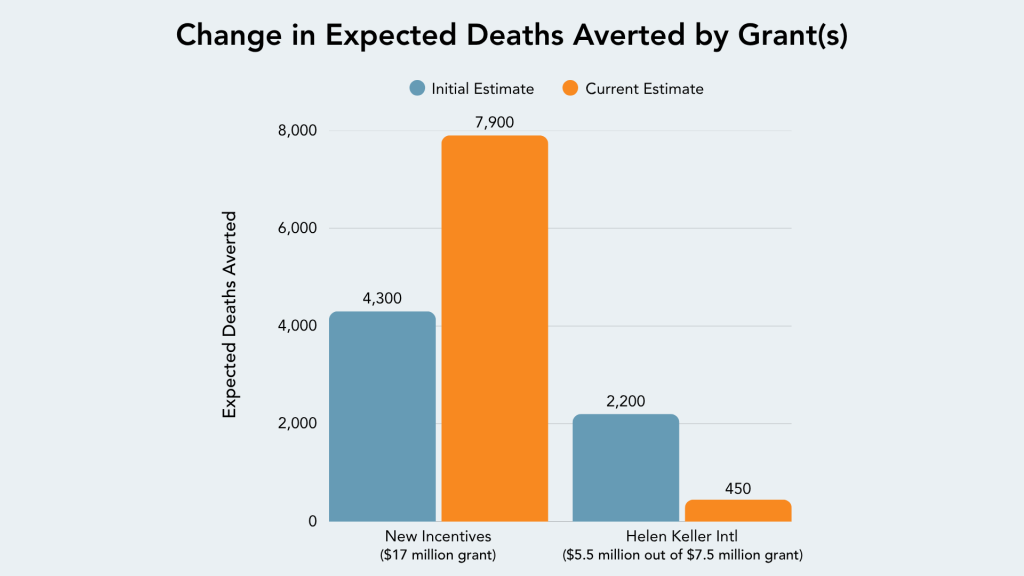At GiveWell, we’re committed to understanding the impact of our grantmaking and improving our decisions over time. That’s why we’ve begun conducting “lookbacks”—reviews of past grants, typically two to three years after making them, that assess how well they’ve met our initial expectations and what we can learn from them.
We conduct lookbacks for two main reasons: accountability and learning. By examining both the successes and challenges of past grants and publishing those findings on our website, we aim to be transparent about the impact of donor funding. Systematically reviewing past grants also helps us identify ways to improve our decision-making. When lookbacks identify challenges, lower-than-expected impact, or key questions that we think we should have an answer to, we use these findings to adjust our approach to similar grants in the future or prioritize follow-up research. When lookbacks show higher-than-expected impact, that’s valuable, too—in those cases, we made the error of underestimating impact and might be granting too little to certain programs.

